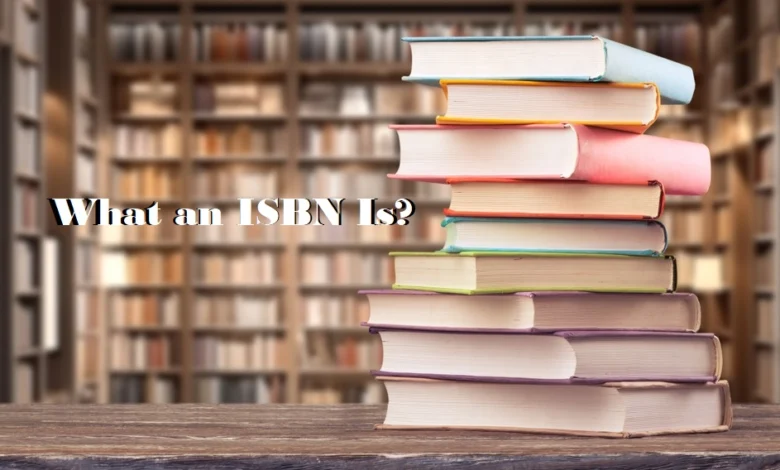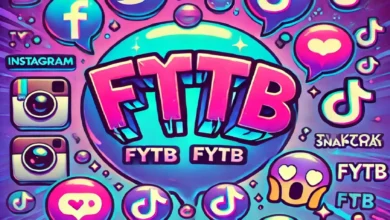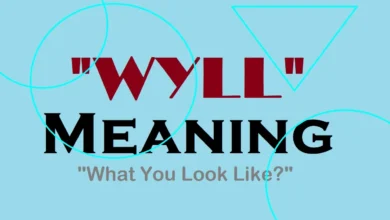
Books are magical things. They transport us to other worlds, expand our knowledge, and even make us laugh or cry. But behind every book lies an unsung hero: the ISBN. You might be wondering, “What is an ISBN?” Well, let’s dive into the wonderful world of ISBNs, the International Standard Book Numbers, and uncover their secrets.
The Birth of ISBN: A Brief History
Once upon a time, books were cataloged haphazardly, creating chaos in libraries and bookstores. Enter David Whitaker, the British “father of the ISBN,” who in 1967 revolutionized the book world with a simple yet ingenious system. Inspired by the grocery industry’s use of barcodes, Whitaker devised a unique identifier for books. By 1970, the ISBN became an international standard.
What Exactly Is an ISBN?
Imagine you’re at a bustling library, surrounded by thousands of books. How do you find the one book you need? This is where the ISBN comes in handy. It stands for International Standard Book Number, acting as a unique identifier for books and book-like publications. Think of it as a social security number for books.
ISBNs come in two flavors: the classic 10-digit and the modern 13-digit versions. The 13-digit ISBN, introduced in 2007, is now the most commonly used. It’s like upgrading from a flip phone to a smartphone – more digits, more functionality.
Decoding the ISBN: A Number with a Purpose
The 13-digit ISBN isn’t just a random string of numbers. Each part has a specific meaning:
- Prefix Element: This is either 978 or 979, identifying the book industry.
- Registration Group Element: This identifies the country, geographical area, or language area of the book.
- Registrant Element: This identifies the publisher.
- Publication Element: This identifies the specific title or edition.
- Check Digit: This is a single digit used to validate the ISBN.
For example, let’s decode an ISBN: 978-1-83-976622-0.
- 978: Book Industry
- 1: German-speaking countries
- 83: Specific publisher (in this case, a German publisher)
- 976622: Specific title or edition
- 0: Check digit
It’s like cracking a code, only easier!
Why ISBNs Matter: The Lifeblood of Book Publishing
You might be thinking, “Okay, cool, but why do ISBNs matter?” Here’s the scoop:
- Cataloging and Inventory: ISBNs make it easy for bookstores and libraries to catalog and keep track of books. Imagine a world where books are organized by title or author alone – chaos!
- Sales Tracking: Publishers and authors use ISBNs to track sales data. Want to know how many copies of “The Great Gatsby” were sold last month? ISBNs to the rescue!
- E-commerce: Online retailers like Amazon use ISBNs to list books. Without ISBNs, finding the right book online would be like finding a needle in a haystack.
- Legal Deposits: Many countries require publishers to submit copies of their books to national libraries. ISBNs help keep track of these legal deposits.
How to Get an ISBN: A Publisher’s Guide?
So, you’re a budding author or publisher, and you need an ISBN. How do you get one? It’s easier than you might think:
- Contact an ISBN Agency: Each country has its own ISBN agency. In the US, it’s Bowker. In the UK, it’s Nielsen.
- Apply for an ISBN: Fill out an application form. You’ll need to provide information about the book, such as the title, author, and publication date.
- Pay a Fee: ISBNs aren’t free. The cost varies by country and the number of ISBNs you need.
- Receive Your ISBN: Once approved, you’ll receive your unique ISBN. Time to slap that number on your book!
ISBNs for Self-Published Authors: A Special Case
Self-publishing has exploded in recent years, thanks to platforms like Amazon Kindle Direct Publishing. But self-published authors often wonder if they need an ISBN. The answer? It depends.
- Print Books: If you’re publishing a print book, you’ll need an ISBN.
- E-books: Some e-book platforms assign their own identifiers, but having an ISBN can still be beneficial, especially for distribution outside the platform.
- Free vs. Paid ISBNs: Some self-publishing platforms offer free ISBNs. While convenient, these ISBNs often list the platform as the publisher. If you want to retain complete control, consider purchasing your own ISBN.
ISBNs and the Digital Age: The Evolution Continues
In today’s digital world, ISBNs have evolved to keep pace with technological advancements. Here’s how:
- E-books and Audiobooks: ISBNs aren’t just for print books. E-books and audiobooks also need ISBNs, ensuring they’re easily identifiable and trackable.
- Digital Publishing Platforms: Platforms like Amazon, Apple Books, and Google Play Books rely on ISBNs to manage their vast catalogs.
- ISBN-A: The ISBN-A (ISBN Article) is a digital extension of the ISBN, enabling direct linking to digital content. Think of it as an ISBN on steroids!
Fun Facts about ISBNs: Because Why Not?
Let’s sprinkle in some fun facts to keep things lively:
- The first book ever assigned an ISBN was “The Bible” in 1974. Talk about starting with a bestseller!
- The world’s largest book, according to the Guinness World Records, is “This the Prophet Muhammad,” and yes, it has an ISBN.
- ISBNs are truly international. Countries from Albania to Zimbabwe use ISBNs, making it a global standard.
The ISBN in Pop Culture: A Surprising Star
Believe it or not, ISBNs have made appearances in pop culture. In the TV show “The Big Bang Theory,” Sheldon Cooper mentions ISBNs while organizing his comic book collection. ISBNs have also popped up in movies, books about books, and even in memes. Who knew a string of numbers could be so famous?
Common Myths about ISBNs: Debunking the Misconceptions
Like any topic, ISBNs are surrounded by myths and misconceptions. Let’s clear up a few:
- Myth 1: ISBNs Are Optional: For serious publishers, ISBNs are a must. They ensure your book is properly cataloged and easily found.
- Myth 2: ISBNs Expire: Once assigned, an ISBN is permanent. It’s like a tattoo for your book – it’s there for life.
- Myth 3: You Need a Different ISBN for Each Edition: True! New editions, formats (e.g., paperback vs. hardcover), and significant revisions all require new ISBNs.
The Future of ISBNs: What Lies Ahead?
As the publishing world continues to evolve, so too will the ISBN. Here are a few trends to watch:
- Increased Digital Integration: Expect ISBNs to become even more integrated with digital platforms, enhancing discoverability and sales tracking.
- Global Standardization: Efforts are underway to standardize ISBNs even further, making it easier for publishers worldwide to navigate the system.
- Enhanced Metadata: Publishers are increasingly using ISBNs to manage detailed metadata, improving the accuracy and richness of book information available to consumers.
Conclusion: The Unsung Hero of the Book World
In the end, the ISBN might not be as glamorous as the words on the page, but it’s an essential part of the book world. From helping publishers manage their catalogs to ensuring readers can find their next great read, the ISBN is a silent but powerful tool. So next time you pick up a book, take a moment to appreciate the humble ISBN – it’s doing a lot more than you might think.
By now, you should have a solid understanding of what an ISBN is, why it’s important, and how it fits into the grand tapestry of the publishing world. Whether you’re an author, a publisher, or just a curious reader, the ISBN is a fascinating piece of the book puzzle, quietly making the literary world a more organized and accessible place. Happy reading!





